oneAPI DevSummit China 2023 Autumn, with OpenVINO


Whether you’re an AI developer, C++ or GPU programmer, IoT developer, or data scientist in HPC and AI, if you’re interested in high-performance AI and accelerated computing across architectures, you should definitely check out this event. Intel will be holding its oneAPI DevSummit China 2023 jointly with OpenVINO DevCon, on November 3-4. In this conference, you will be able to learn about the latest trends in the industry, hear guests from famous companies and institutions share various cases, get new oneAPI Hackathon information and hear winners share their stories. You’ll also be able to participate in practical training courses in which to learn and optimize applications, and take full advantage of device capabilities on both CPU and GPU. In addition, we have also prepared a wealth of gifts for participants. Come and join us!


Scott Apeland currently leads the Intel Developer Program and is responsible for defining and delivering programs and services for software developers world-wide. His responsibilities include developer engagement, training, technical support, marketing and outreach, and community building for the Intel Developer.
Scott joined Intel in 1991 and prior to his current role was responsible for managing new product development, roadmap strategies and partner initiatives in the Video Conferencing Division, Internet Media Streaming Division and Embedded Controller Division.
Scott holds a Bachelor’s degree in Electrical Engineering and a Masters of Business Administration from Brigham Young University.


James Reinders is an engineer at Intel, with parallel computing experience spanning four decades, focused on enabling parallel programming in a heterogeneous world. James is currently focused on the DPC++ project (SYCL for LLVM), and the oneAPI initiative (delivering APIs spanning compute devices of many types from many vendors). James is an author/co-author/editor of twelve technical books related to parallel programming; his latest book is about SYCL (free download: https://link.springer.com/book/10.1007/978-1-4842-9691-2). He has had the great fortune to help make key contributions to two of the world’s fastest computers (#1 on Top500 list) as well as many other supercomputers, and software developer tools. James consistently enjoys writing, teaching, programming, and consulting in areas related to parallel computing (HPC and AI).
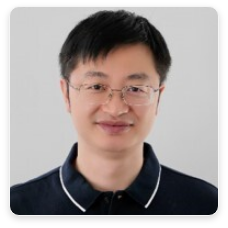

Joined Huimei Technology in 2015 and is responsible for the research and development of medical artificial intelligence systems based on big data and medical knowledge graphs. He leads the Huimei R&D team to continuously improve the natural language recognition capabilities and AI model performance of medical AI algorithms, and provides Huimei data center, The application of artificial intelligence systems such as the medical record homepage quality control system has laid a solid technical foundation.
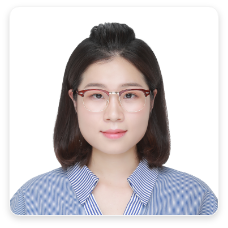

She graduated from Beijing University of Technology with a bachelor’s degree and a master’s degree in electrical and computer engineering from Carleton University in Canada. She is currently an AI algorithm engineer at EverSec, responsible for algorithm application design and research in the field of traffic identification.
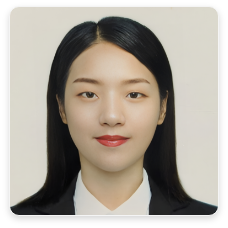

Liu Congcong is a researcher from XtalPi Inc., focusing on improving the accuracy and efficiency of crystal structure prediction (CSP) process. Her work encompasses the engineering aspects of the solid-state nudged elastic band (SSNEB) method and the integration of machine learning within CSP. She is also a C++ engineer, responsible for the development and optimization of the packing similarity comparison software, Ilum, which boasts a speed several times greater than that of the comparable product.
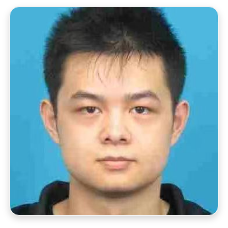

His main research direction is heterogeneous computing. He has participated in many supercomputing-related competitions, and has won the IPCC national championship, the second prize of PAC and the second prize of one api track.
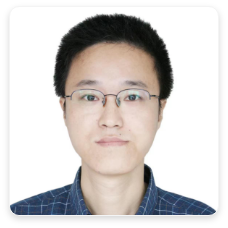

The main directions of his research include parallel and distributed computing, massive information storage technology, search engine performance optimization, etc. He teaches undergraduate courses, “Principles of Compilation Systems”, “Parallel Programming” and graduate courses, “Parallel Computing Technology” and “Distributed Systems”.


Yury Gorbachev, currently based in Dubai, leads the architecture of OpenVINO Toolkit and has been driving the evolution of this framework since inception. He has been working across many teams at Intel and collaborating with customers to define the architecture and feature set of this framework and ensure industry alignment. Yury joined Intel with the acquisition of Itseez, computer vision company, where he was acting as a Principal Engineer, responsible for embedded deployment of OpenCV and customer projects. At Itseez, Yury witnessed a switch from classical computer vision algorithms to deep learning and saw demand for a model deployment framework, which turned out to be OpenVINO. Yury possesses knowledge both in AI and embedded computing and experience in different domains, including networking, image/video processing and storage.
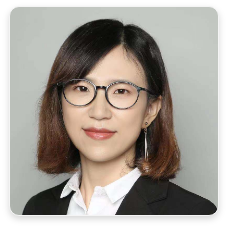

Ph.D. in Electronics from the University of York, UK. Formerly worked at Shanghai University as an associate professor and graduate supervisor, and previously served as a research scientist at Bell Labs (China), responsible for 5G communication standardization and AI industrial application research. Also worked at Accenture (China) Limited, responsible for developing and delivering AI-related industry solutions.
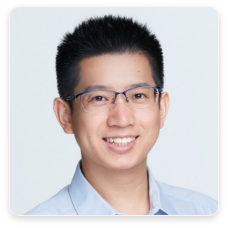

Hugging Face engineer.
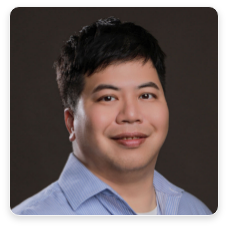

Microsoft Senior Cloud Technology Evangelist, specializing in artificial intelligence and big data.
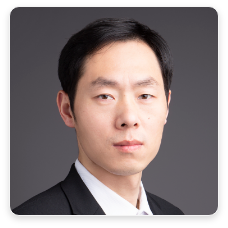

Book author, founding member of the OpenVINO Chinese Community, Intel IoT Innovator, and OpenCV development training instructor.
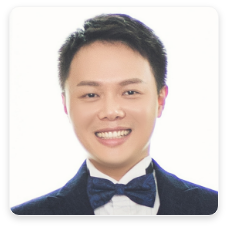

Head of hardware ecological products of Baidu Paddlepaddle


Responsible for the Intel China developer cooperation project. She graduated with a master’s degree in communications from the Helsinki University of Technology in Finland and worked successively at Samsung Electronics in South Korea, Samsung Communications Research Institute in Beijing, and Intel China.


Master’s student at the School of Computer Science, Mongolian University, whose research direction is target detection.
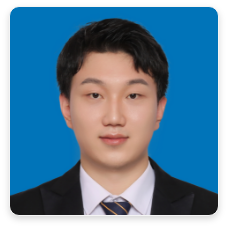

He is studying for a master’s degree in computer technology at Lanzhou University. His research direction is high-performance computing. He has reported at CCF-HPC China 2023 and is currently working on heterogeneous computing.
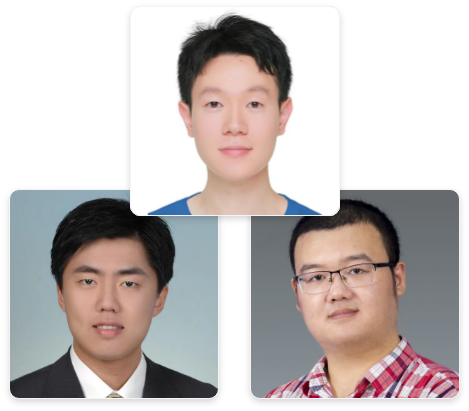
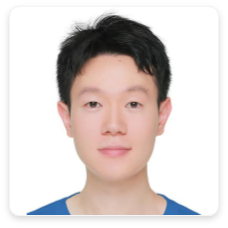
Studying in the Department of Underground Engineering at Tongji University, focusing on research areas such as intelligent operation and maintenance of tunnels, text knowledge representation and processing. Has been awarded the National Scholarship, Excellent Graduate of Shanghai, and Excellent Student of Tongji University recognitions. In the China-US Youth Maker Competition, he received the Special Prize in the Shanghai regional competition and the Third Prize in the national finals.

Founder of VIRobotics, holds a master’s degree from Shanghai Jiao Tong University. Has been actively involved in the research and development of AI industrial software and developed graphical LabVIEW AI Vision Toolkit, LabVIEW OpenVINO Inference Toolkit, as well as various deep learning models for object detection, semantic segmentation, AIGC, and more.
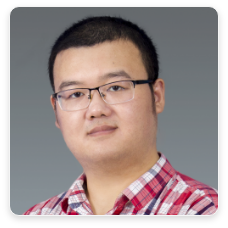
PaddlePaddle Developer Technical Expert and winner of the OpenVINO track in the fourth PaddlePaddle Hackathon.


Ph.D. in Electronics from the University of York, UK. Formerly worked at Shanghai University as an associate professor and graduate supervisor, and previously served as a research scientist at Bell Labs (China), responsible for 5G communication standardization and AI industrial application research. Also worked at Accenture (China) Limited, responsible for developing and delivering AI-related industry solutions.
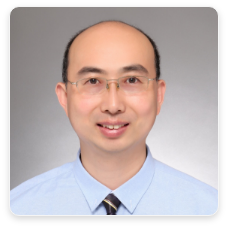

Zhang Jianyu (Neo) is an Intel AI software solutions engineer, focusing on AI solutions and performance optimization on Intel platforms (CPU, GPU). Master’s degree, graduating from Northwestern Polytechnical University majoring in pattern recognition and artificial intelligence.
Senior software engineer with rich experience in AI, virtualization, communications industry and embedded software development.
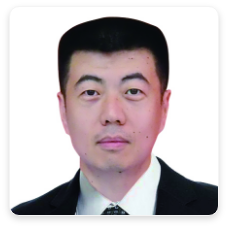

Dr. Lin received a doctorate in computer science from Zhejiang University in 2005, and later joined Intel Asia Pacific R&D Co., Ltd. and engaged in technology development for 16 years.